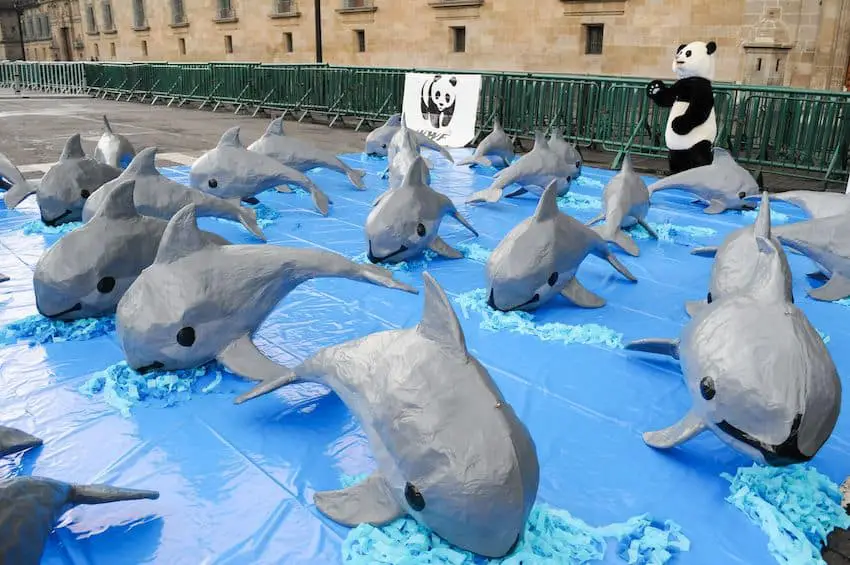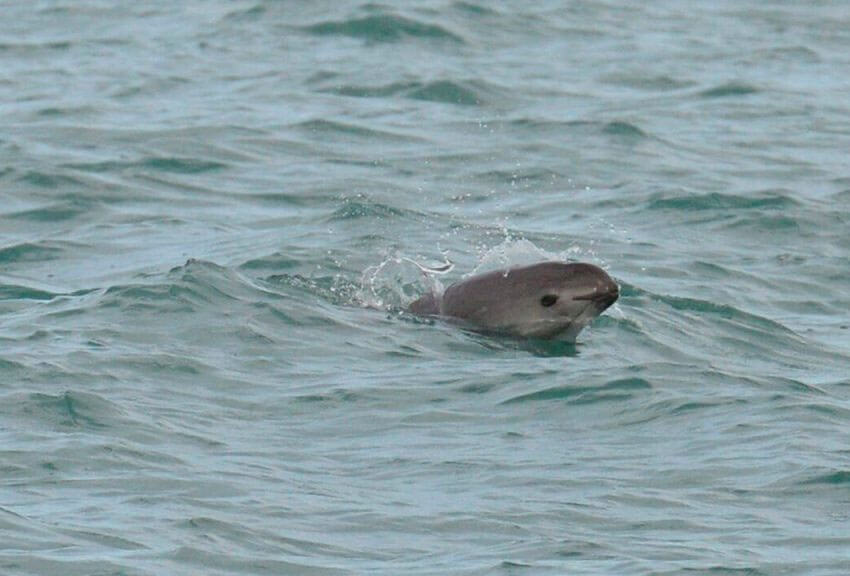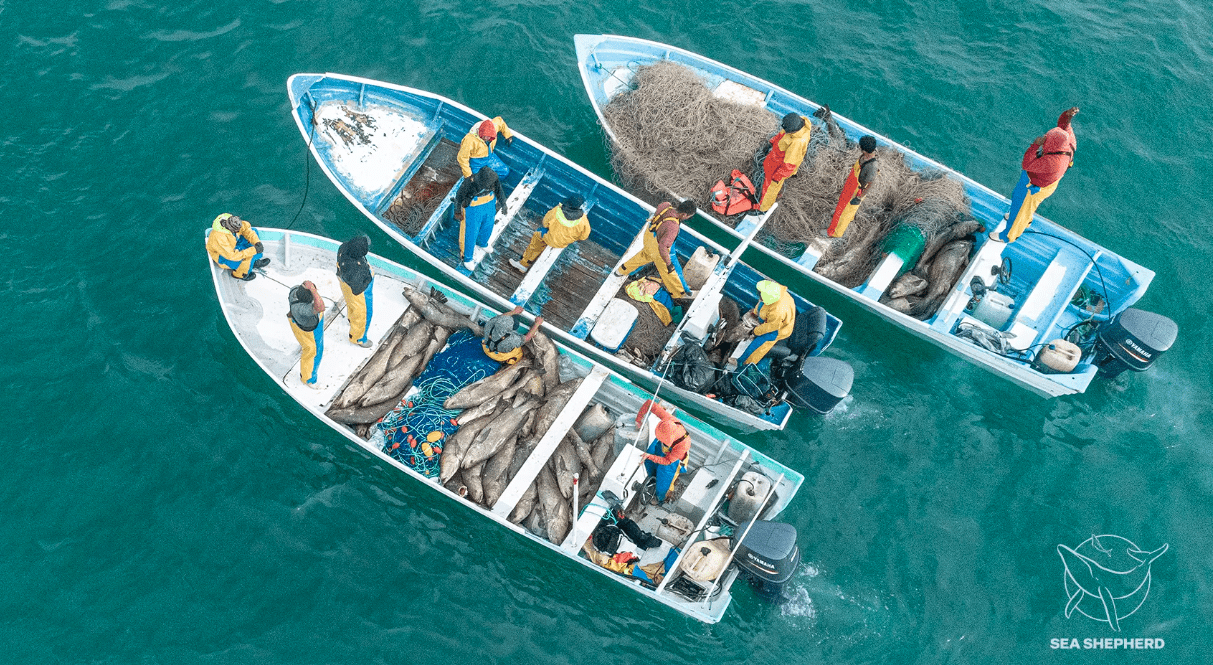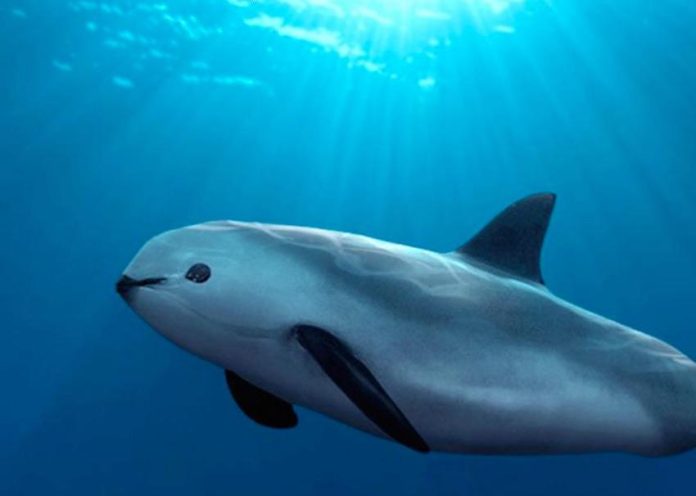The United States has decided not to sanction Mexico for its failure to protect the endangered vaquita porpoise but still threatens to do so if the vaquita’s situation does not improve within a year.
The decision followed the U.S. Secretary of the Interior’s certification in May that Mexican nationals are “diminishing the effectiveness” of CITES and that the Mexican government has failed to stem the illegal harvest and commercial export of totoaba”. That decision authorized the U.S.’ President Biden to impose trade sanctions on wildlife products from Mexico if he chose. He had until July to decide how to respond.

On July 17, President Biden sent a letter to the U.S. Congress declaring that he will not impose trade sanctions and outlining a three-step action plan to protect the vaquita. In the letter, Biden directs:
- Relevant U.S. agencies to hold high-level dialogues with Mexico to discuss measures toward reducing illegal totoaba trafficking and enhancing vaquita conservation.
- U.S. agencies to support Mexico’s compliance with these measures and offer relevant training, if requested.
- The U.S. Secretary of the Interior to assess Mexico’s implementation of its CITES Compliance Action Plan and to prepare a report by July 2024.
The Interior Secretary’s certification was made under the Pelly Amendment to the Fishermen’s Protective Act of 1967, which gives U.S. presidents 60 days to notify Congress of actions taken pursuant to this type of certification. If the president fails to implement trade sanctions on an offending country, they must explain why.
Biden’s letter states that he is not directing that sanctions be put in place because the actions outlined in his plan “are the appropriate means to address the issue.”

However, the letter warns, “The [July 2024] report will be used as the basis for assessing whether additional steps, including potential trade restrictions, will be necessary.”
Native to the Gulf of California, the vaquita is the world’s smallest porpoise. Vaquitas are frequently caught and drowned in nets used to illegally catch totoaba, itself an endangered fish species that is prized on the international black market for the supposed medicinal properties of its swim bladder.
In December 2022, three U.S. conservation groups — the Center for Biological Diversity (CBD), the Animal Welfare Institute and the Natural Resources Defense Council — sued the U.S. Department of Interior to demand sanctions on Mexico for failing to stop this illegal trade. They claimed that Mexico had failed to act against totoaba fishing for over a decade, during which time vaquita numbers had plunged from 200 to around 10.
“I’m disappointed in the U.S. government for doing so little to save vaquitas from extinction,” Sarah Uhlemann, international program director at the CBD, said in response to President Biden’s latest decision not to impose sanctions.

Mexican President Andrés Manuel López Obrador thanked President Biden and claimed that Mexico is already taking action to protect the vaquita.
“The navy and other authorities are protecting the area of the Sea of Cortez [Gulf of California] where there are these species in danger of extinction; they are being cared for, and there is evidence that they are being preserved, even that they are reproducing recently,” the president said.
After CITES sanctioned Mexico on March 27, recommending that parties to the convention suspend trade with Mexico in all species listed in the convention, Mexico submitted a Compliance Action Plan to the CITES Secretariat, outlining steps it said it would take to reduce illegal fishing in the Gulf of California. CITES accepted the new plan and withdrew sanctions on April 13.
President Biden’s letter to Congress highlights recent improvements — including Mexico’s partnership with the NGO Sea Shepherd Conservation Society to remove illegal nets from a small priority area — but stresses that these measures alone are “insufficient to ensuring the recovery of the vaquita.”
A U.S. embargo on Mexican wildlife products could potentially stop all Mexican seafood exports to the U.S., worth nearly $600 million in 2021.
With reports from SDP Noticias, Sin Embargo, Milenio and Proceso
